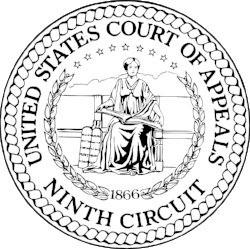
| Entities | |
| Topics and Issues | Class action (9) Standing (3) |
In 2010, CDIA and the U.S. Chamber of Commerce filed a joint amicus before the Ninth Circuit on an important class certification case. In this case, Bateman sought review of the U.S. District Court for the Central District of California’s denial of Fed. R. Civ. P. 23(b)(3) class certification in a suit seeking statutory damages based on allegations that appellee retailer violated the Fair and Accurate Credit Transactions Act (FACTA), 15 U.S.C.S. § 1681 et seq., by printing more than the last five digits of consumers’ credit or debit card numbers on electronically printed receipts.
The court reversed the denial of class certification and remanded the case for further proceedings on the consumer’s class certification motion.
The district court held that a class action was not a superior method of litigation under Rule 23(b)(3) because the retailer had made a good faith effort to comply with FACTA after the suit was filed, and the retailer’s potential liability was enormous and out of proportion to any harm suffered by the class. On appeal, the court concluded that the district court abused its discretion by basing its ruling on consideration of these improper factors. In particular, denial of class certification on the basis that potential liability was disproportionate to any actual harm was not consistent with FACTA’s remedial scheme. The court found that the proportionality of damages was an irrelevant consideration in effectuating FACTA’s compensatory and deterrent purposes. The court further found that consideration of the potential enormity of any damage award would undermine the compensatory and deterrent purposes of FACTA; nothing in the plain text of the statute or its legislative history suggested any cap on statutory awards. The court also found that consideration of the retailer’s post-complaint good faith compliance was also inconsistent with the congressional intent in enacting FACTA.